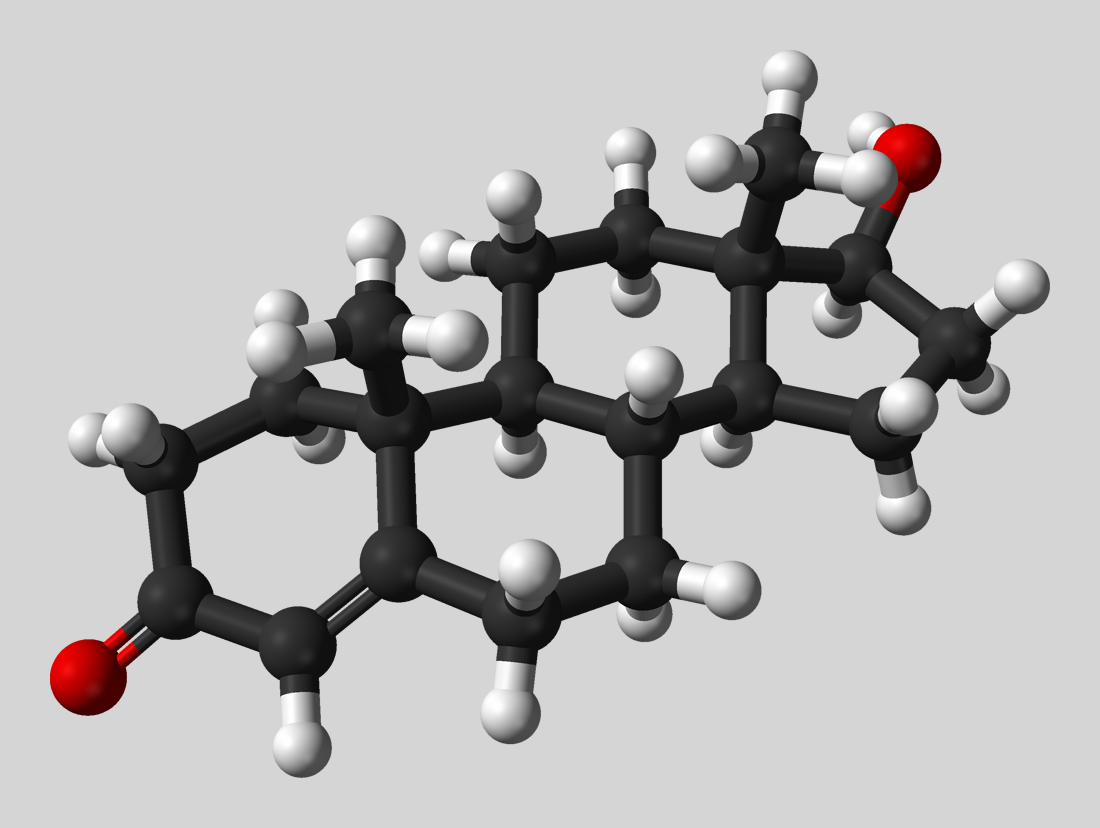As we age, the status of key nutrients in our body can naturally decrease, which in turn accelerates aging. Data shows the active form of vitamin D in our bodies can decrease by up to 50%.
Vitamin D plays a key role in numerous functions throughout the body. Two of the key aging-related functions of vitamin D are supporting bone health as well as making sure our cells don’t become cancerous. Given that both declining bone health and cancer risk are health issues that disproportionately affect aging populations, greater focus and attention should be placed on vitamin D.
Do we absorb less vitamin D with age?
As we get older, the number of vitamin D receptors on our cells decreases. This means that even if we get the same amount of vitamin D as we did when we were younger, we cannot make use of it.
Aging as well as this decrease in cellular absorption can have some major consequences; we no longer absorb calcium as effectively both into our intestines and our bones. Additionally, getting more sunlight may not help either since there is a decrease in vitamin D production in the skin.
Your optimum health takeaway
References:
Gallagher JC. Vitamin D and aging. Endocrinol Metab Clin North Am. 2013;42(2):319-32.
Keum N, Giovannucci E. Vitamin D supplements and cancer incidence and mortality: a meta-analysis. Br J Cancer. 2014;111(5):976-80.
MacLaughlin J, Holick MF. Aging decreases the capacity of human skin to produce vitamin D3. J Clin Invest. 1985;76(4):1536-8.






